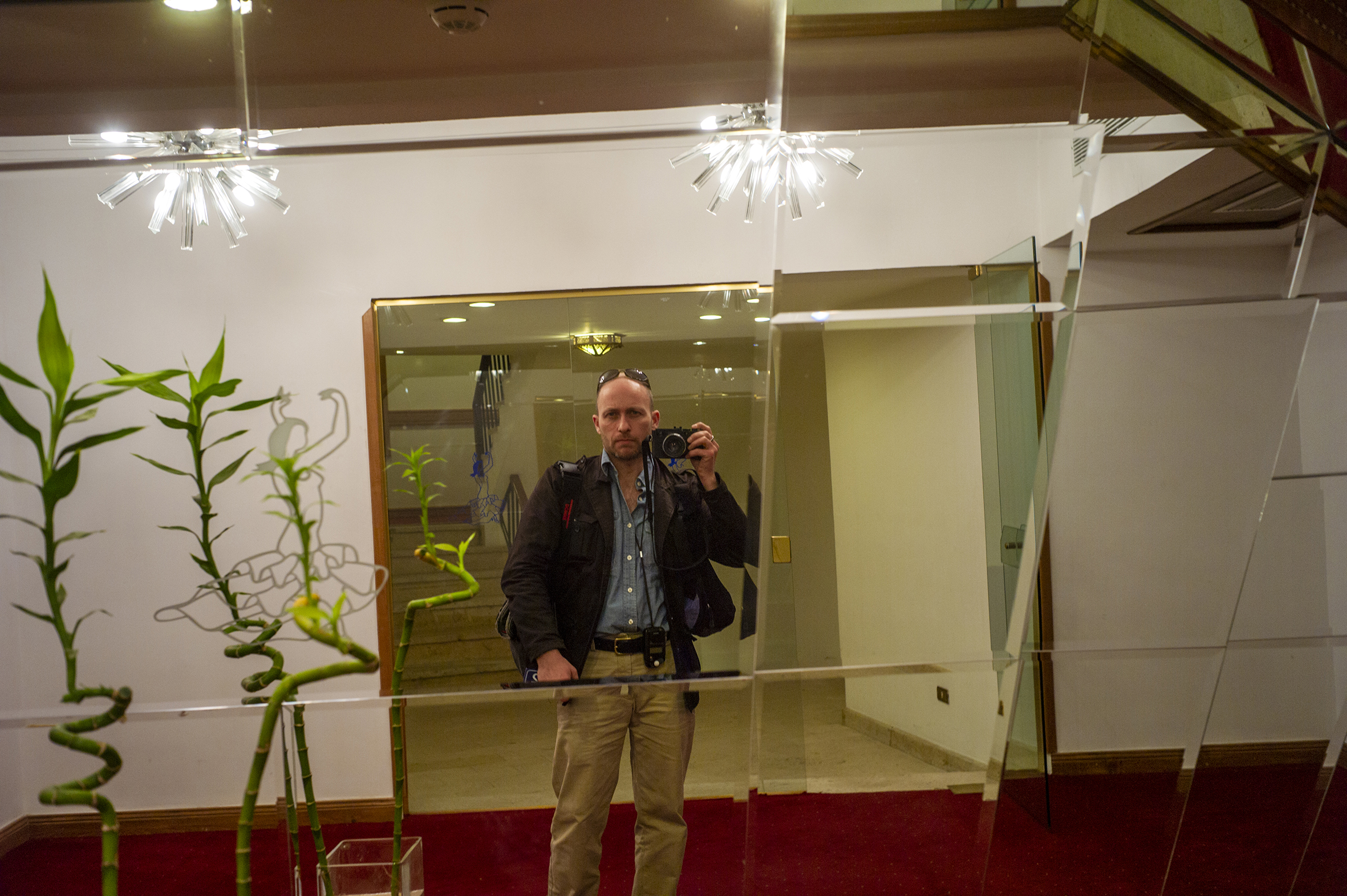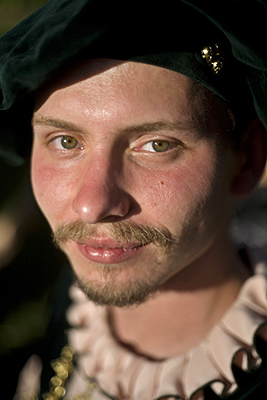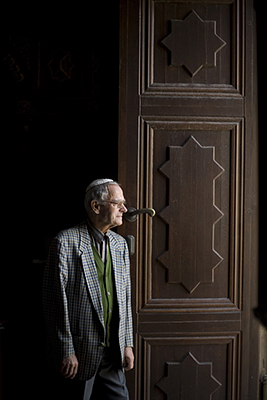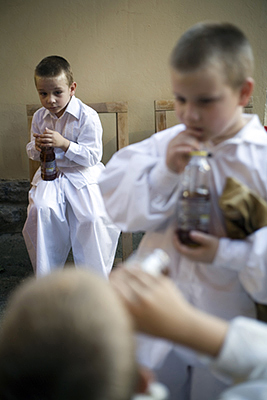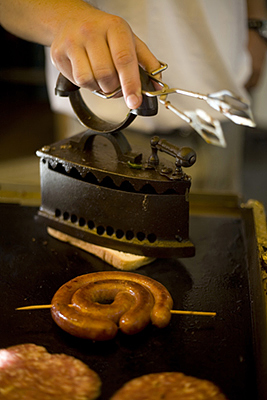Recently, I was having some of my black and white archive scanned. A lot of this work had been rather rushed (by me and others) during the process that saw my old agency Network Photographers digitise as fast as we could. It’s clear that some really interesting images were missed but I suppose that was entirely inevitable. Anyway, looking through the work now, it allows one to examine past images in a new light and with fresh eyes. As I looked through the innumerable contact sheets, I saw that on each assignment there was always one or two of me usually taken in a hotel room mirror, just before I went out to work. I suppose that these were a kind of early ‘selfie’ but I realised that I’d been doing it ever since I photographed the Croatian conflict in the early 1990s. I’m not superstitious but on that trip, I stayed with a chap called Paul Jenks about who I’ve written about before here and here. I noticed that he’d often take an image of himself in a mirror – he called it the obituary picture – an image to be used in case anything unforeseen were to happen. Despite what did happen to Paul – or perhaps because of it – I adopted the habit and kept taking images of myself in hotel mirrors. At some point in the last several years, perhaps because I started to feel daft doing it and was simply deleting the images as soon as I got home to edit – or simply because I no longer recognised my ageing self – I stopped.
There is of course a great tradition of making images of oneself. Many have done so throughout Lockdown from sheer boredom I imagine but artists from Artemisia Gentileschi to Nancy Floyd (who photographed herself every day for forty years) belong to an honourable and significant tradition.
Looking through the black and white contacts made me realise that I had frozen myself in time in episodes that revolved not so much about significances in my own interiority, but in my brief appearances in other people’s countries and larger narratives. Certainly not in any pompous sense and certainly not quite Zelig-like, but worthy of further thought.
Here’s one from a grim Basra hotel in Iraq in 1999 (yes, I did used to wear one of those multi-pocket jackets) and one from a hotel in Zamalek in Cairo in 2013.
Similar (battered) cameras, less hair. Same odd life…

